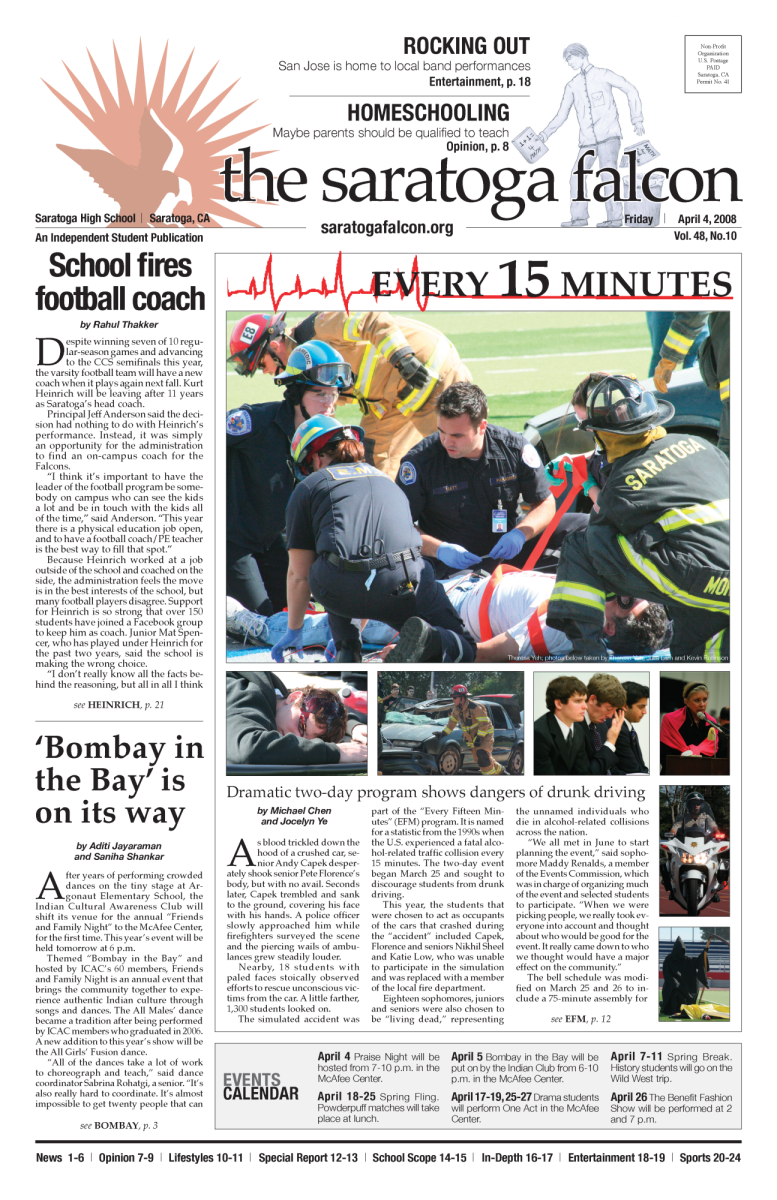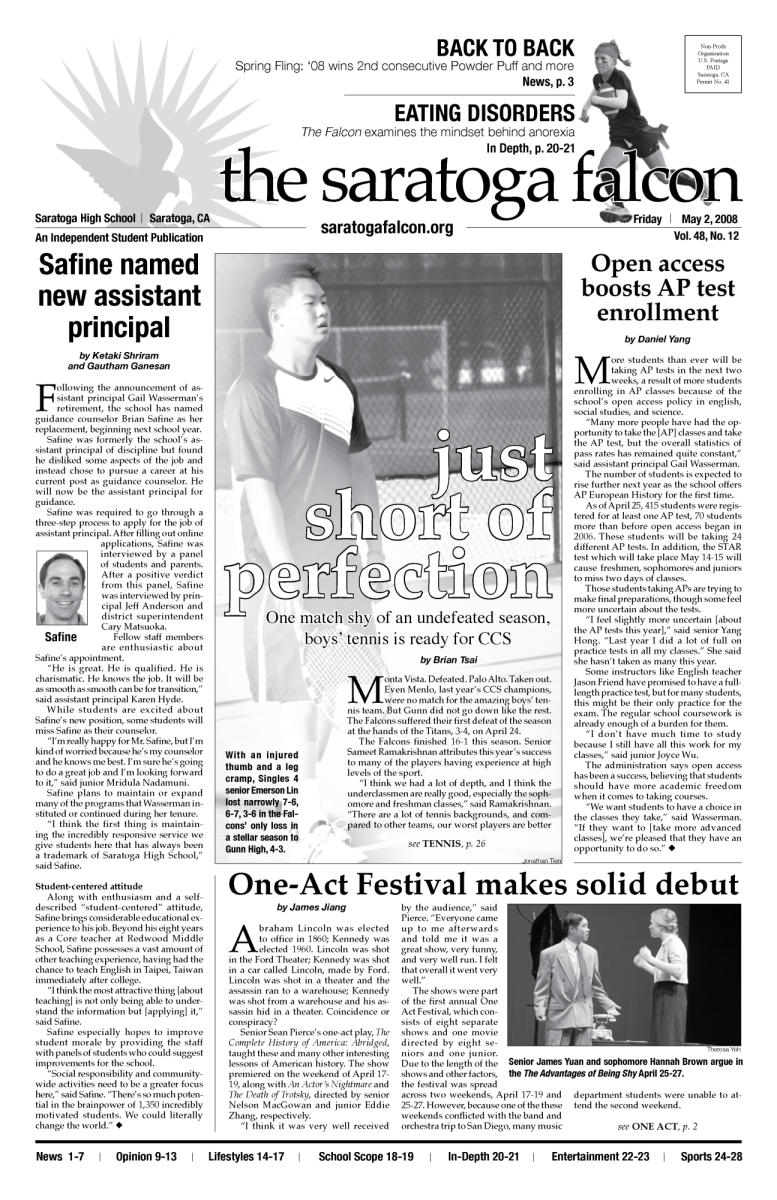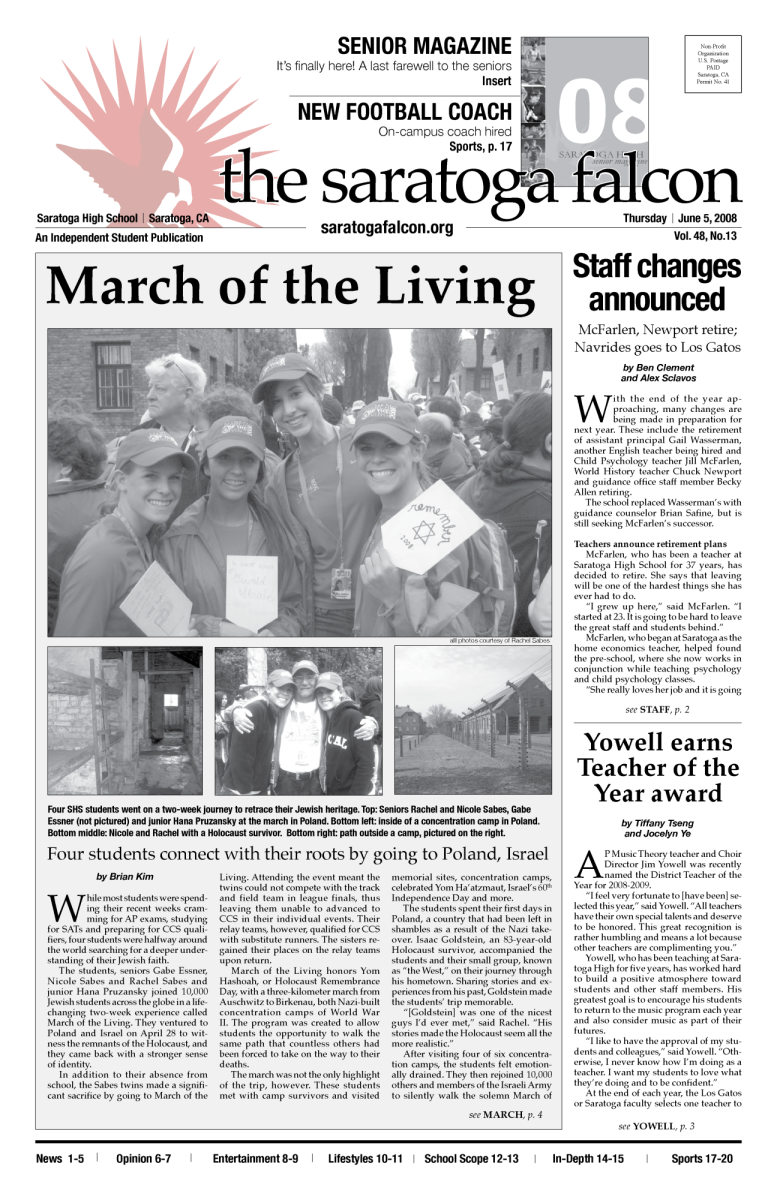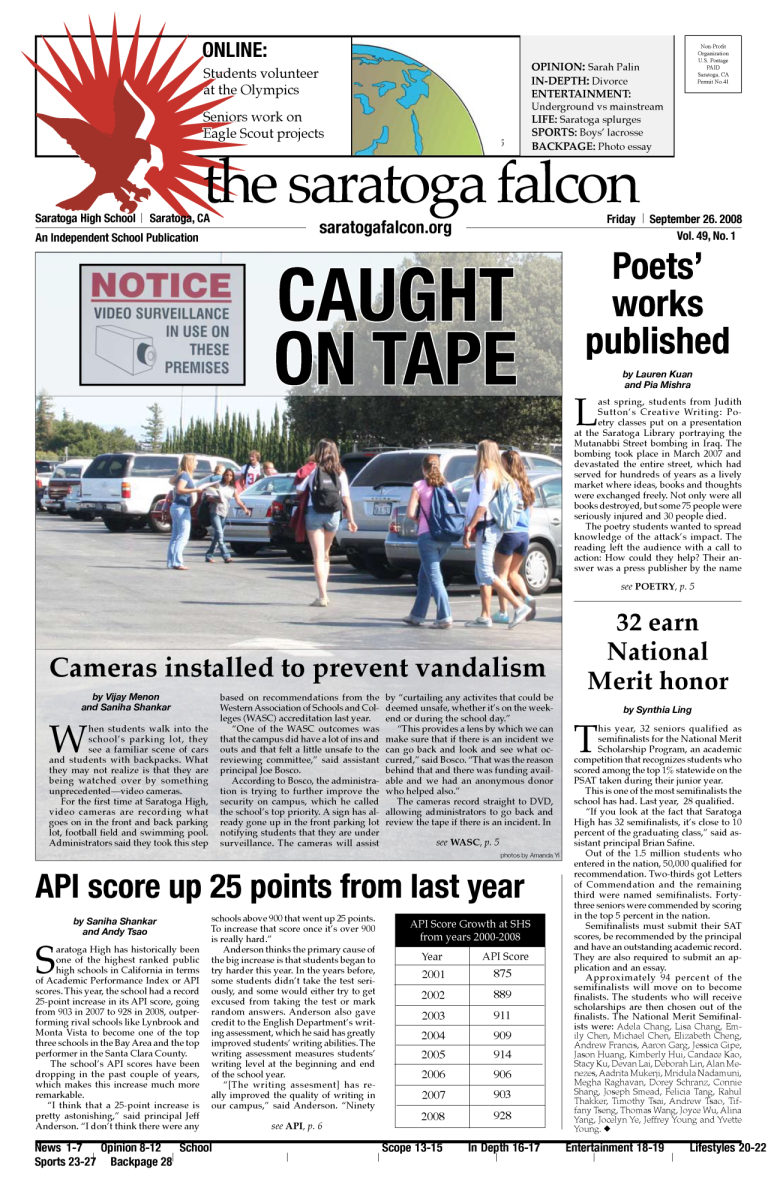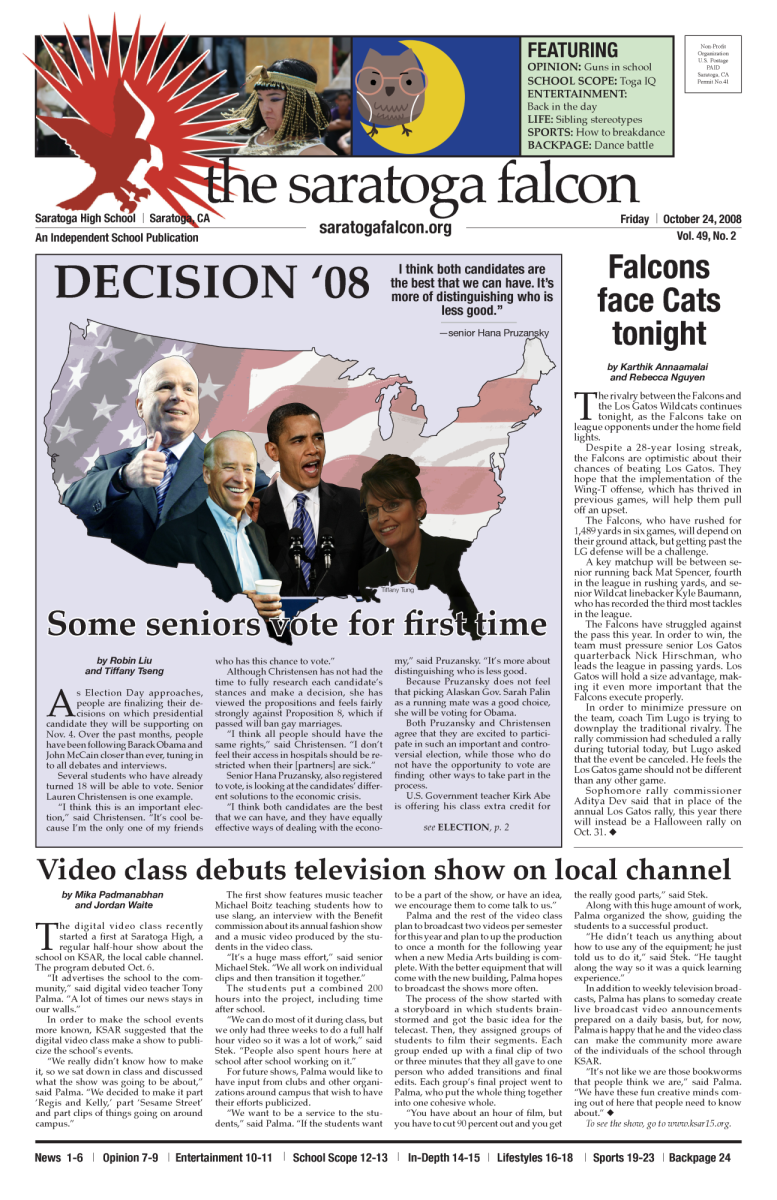“A waitress charges you $10 too little for your meal. Do you tell her?” Facebook Messenger game, “The Test” asked.
Junior Hannah Yoon pondered the answer choices, trying to figure out what one of her friends would have put as the answer. Tentatively, she clicked “Only if she’s been nice” but was surprised to see that her friend’s answer was a flat “no.”
Soon after, her friend received a text, saying “The Test: Guess how Hannah answered.” Texts like these have been popping up ever since Facebook released Instant Games.
These games, such as The Test, EverWing, Endless Lake, 8 Ball Pool and Words With Friends, are available to all Facebook and Facebook Messenger users, and are accessible by clicking the game-controller symbol at the bottom of a chat screen. They have become popular among teenage users: they’re convenient and entertaining.
In The Test, one user answers two questions and sends the turn to the next user, who guesses how the first user would have answered and then answers questions of their own. Each question answered correctly adds a certain percentage to the score, eventually resulting in a level up. As the game goes on, each correct answer is worth a smaller percentage: to level up from Level 1 to Level 2, it takes two correct answers, but leveling up from Level 18 to Level 19 would take 10.
Facebook’s Instant Games campaign started around 2010. As users became more and more involved in using phones, Facebook found itself being shut out of the gaming industry, because they had no control over app stores. After many failed attempts to integrate games into Messenger, such as Project Spartan in 2011 where the mobile web standard was not powerful, developers figured out how to use HTML5 to incorporate graphics and responsive gameplay.
Before Facebook developers added Instant Games, they tested the system by building their own games. Its basketball-shooting game, playable by clicking a basketball emoji, was played 1.2 billion times, much more than they had expected. These tests foretold the immense popularity of Facebook games.
Senior Atlas Yuen enjoyed playing Facebook’s first game, and it became quickly addictive.
“I’m still upset because only one of my friends has ever beat me,” Yuen said.
Facebook launched Instant Games on Messenger and Facebook News Feed in late 2016, having high hopes that the friendly competition would get people to spend more time on Messenger. It allowed users to play games without installing apps.
The platform originally contained 17 games, but it steadily increased in popularity and size over the years. Now, more than 2,000 games are available to Facebook and Messenger users around the world.
Unlike regular mobile device games that need to be downloaded, these instant games can be loaded in seconds.
A recent study by a gaming network Gamee found that an average Messenger user played Instant Games for an average of 21 minutes per day, representing about 15 percent of time on Facebook.
A quick poll conducted via Facebook showed that 8 Ball Pool, gaining around 40 percent of the votes, was the most popular game among SHS students. Following behind it were The Test and Endless Lake.
Junior Kaitlyn Lee attests to the addictivity of the Facebook games, especially 8 Ball Pool. According to Lee, 8 Ball Pool is fun to play and satisfies her competitive side.
“I love playing with and beating my friends because I’m the master at this game,” Lee said.
























